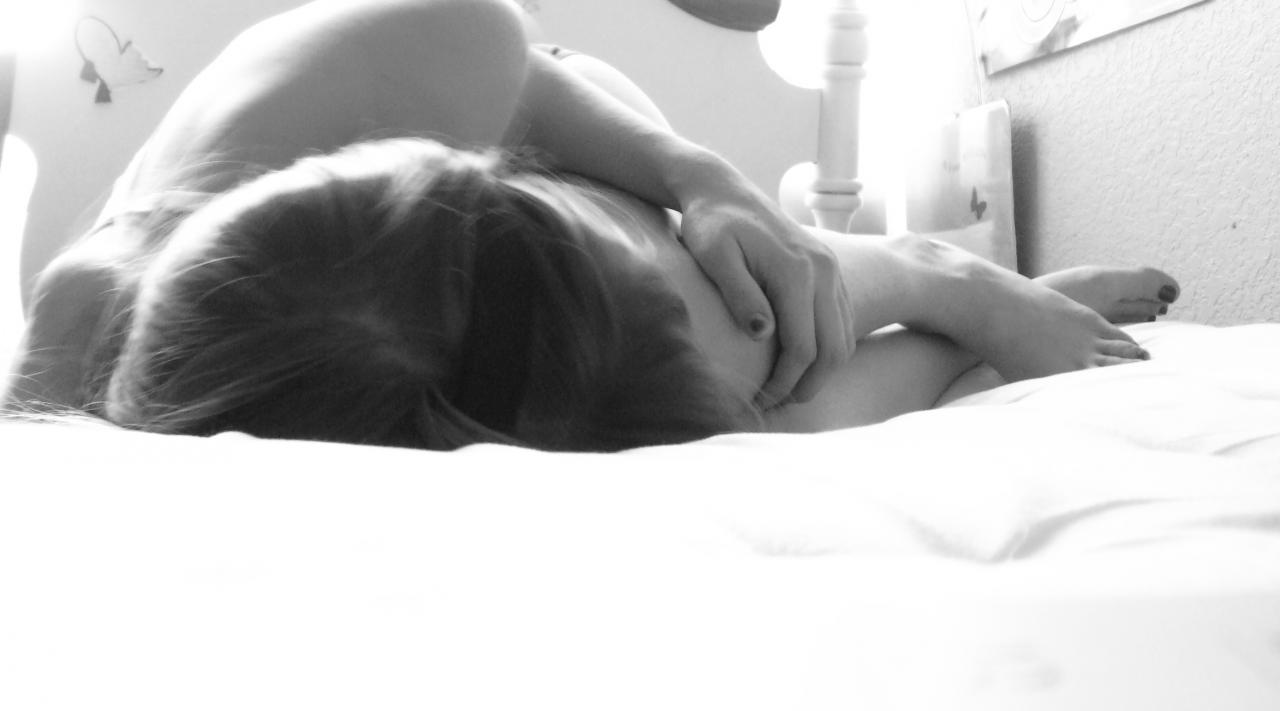CNN is running a study to understand how children perceive race, and why.
Researchers showed pictures of animated children to over 130 participants from the East Coast and the South.
When asked which of the animated girls was “ugly” or “mean”, one 5 year old white child pointed to dark skinned cartoons. When asked which girl was “smart” she pointed to the white one. Her Mom shed tears as she watched.
But it’s not just white children with a bias toward lighter skinned people. Dark skinned children in the study also showed bias toward their lighter counterparts. Their bias was not as strong as the white kids but was noticeable nonetheless.
Researchers believe that the problem may be starting at home, particularly with white families. And not because of racist parents, but because the topic is simply not spoken of in many white families – at least not nearly as often as the topic of race is raised in black families. This makes sense on some levels, of course. Black families suffer more prejudice than whites so it’s an unfortunate fact that dark skinned parents may have to bring the topic up to their children so that they know in advance of possible future experiences of bias. Approximately 75% of darker skinned parents address race with their children. The same percentage of white parents do not discuss the topic at home.
Many light skinned parents have only good intentions. They don’t want to bring race up at all because they want their own children to be color-blind. To see only people, and never their color. The problem with this is that they don’t prepare their children for the reality that racism does exist. The ugly truth needs to be addressed, say experts. Many parents disagree and say they will have these discussions for several reasons, including fears of planting seeds of bias by merely doing so.
When my son was three, he openly referred to a boy in a waiting room as a “brown boy”. His mom ignored it and I sat cringing in my chair. Afterward, I told him that we don’t need to refer to people by their skin color, while bearing in mind that my then three -year- old was merely using color as a description, much like saying “the person in the red dress”. Tread carefully, I told myself. Make your point without making a big deal. But every parent, whatever their color, knows that sometimes the “Big Conversations” can be awkward. It’s not all an easy Sesame Street moment. Nevertheless, conversations need to happen, I'm told.
If the experts are correct, it’s time for me to make my kids notice race, in order to educate them about bias. And I fight it all the way, just like the 75% of white parents in the study.
I don’t want to ruin my childrens cultural bliss. They don’t know that darker skinned people (and women) are treated unequally when it comes to jobs, pay and even in healthcare. They just think people are people. And so they are. So why can’t we all just think like kids – before they are indoctrinated by us, by society, by the media and by each other, to think differently?
My three children are ages 6 and under. I’m not having this talk yet. Maybe I just want one more year of their guiltless perfection. I want them to know (as they do) that no-one is bad, good, pretty or ugly, smart or dumb – because of their race. I don’t want my children infected by racism. Right now they are virus –free. Protected by the vaccination known as innocence. And how we all hope our children remain this way forever.
The talk about everyone being equal no matter the race or gender has been covered by us. That part was easy. But like many parents, I don't quite know when or even how to tackle the topic of racism with my kids. Do I wait longer, or wait until they say something? What age is the right age? As other parents said, will I plant ugly seeds, that otherwise wouldn't have grown? Is this talk even necessary?
Are you a parent? How do you feel?
For more on this CNN study, click here: http://www.cnn.com/2010/US/05/18/doll.study.parents/index.html?hpt=P1&iref=NS1





Add a Comment16 Comments
Seconded!
June 2, 2010 - 4:57pmThis Comment
I totally agree
May 27, 2010 - 12:36pmThis Comment
75% of parents with darker skinned children talk to them about racism? How does that make the child feel? insecure, inadequate, unworthy. They know that some people will not like them based on something they had no control over, and the people who tend to not like them are people of a lighter skin tone. A child naturally sees all adults as someone with power, but other children are looked at as equals, or that's how it should be. However, the darker skinned child sees lighter skinned children as bad due to his fear of being disliked. As a lighter skinned child growing up in a neighborhood with a high percentage of dark skinned people, I was made to feel inferior, and teased. Exactly what the darker skinned children where worried about. Maybe they did it to even the playing field, make themselves feel better? I don't know.
May 26, 2010 - 11:26pmI never had the racism talk with my parents. As a child, i didn't understand why i was being picked on. I was called things like "cracker" and "white boy" by people i didn't even know. Why? because those childrens parents talked with them about racism.
I believe that NO parent should talk to their child about racism, unless the child were to interact with a racist adult. Then and only then should you explain to the child that the adult in question is wrong for being that way. Talking to your children about racism only causes more racism.
This Comment
it's foolish and completely irrational to think that all children are completely oblivious to race and difference, and must be "taught" race or racism. regardless of what you may try (such as diversity classes, preventative discussions, or whatever), your child is still receptive enough to their environment to see that there are differences between themselves and others, and that these differences can be both hated and loved. research has shown that even in schools that actively fight racism at the preschool level, children as young as 4 have been seen using negative racial slurs in ways that clearly show a fair amount of grasp of meaning for the term (see "the first r - how children learn race and racism" by debra van ausdale, year 2001). The worst thing that we can do is react foolishly by seeking out “who is as fault.” at that point it doesn’t matter, since the child has already done the deed. What we need to do is focus on shaping the meaning they attribute to race so they do not use it harmfully.
to sum up what im trying to say, children do not see themselves as equal any more than adults do. they are perceptive in ways we make a point to ignore because of their "innocence". race is currently a part of human society and it cannot be destroyed as easily as people believe. the important part is making sure that children don't use race as a weapon, not to condemn the person who "taught" them.
August 1, 2010 - 12:24pmThis Comment
Here is my favorite quote from the entire CNN article:
The father of a black girl who took part in the CNN study says, "You can not get away from the fact that race is a factor but hopefully what we instill in them at home will help them to put that in its right place and move on"
Exactly. I couldn't have said it better, myself. That's a good Dad right there!
May 20, 2010 - 11:42amThis Comment
It's a tough subject. I have an (almost) 10 year old and a 5 year old. I don't have the answers, either. And I wish I did. I HAVE had conversations with my older son about this. But, he's old enough to have a lucid conversation with if you know what I mean. My best friend is a white English woman married to a man from Trinidad who is black. This idea, alone, sparked conversation quite a long time ago with my son. He had questions. I answered them as best I could without going into too much detail (mainly because I know he'll stop listening if my answer is too long - LOL!). We have talked about the inequities that some people experience and how it can affect their lives. I believe that he has SOME understanding of how things are. But, still... he's only 9. I hope that I can guide him more in the future.
When I was a kid, I never understood racism or WHY people acted differently towards people. But, I grew up next door to a mixed-race family and their kids were my best friends. Then, at age 6, I moved to a new town. It was a whole new world there and I saw, firsthand, how racism worked. I didn't like it - even at age 6 - and thought people were just being mean.
I've tried to remember how I felt back then so that I'd be able to try to help them understand all this. Tough subject to deal with. ...But, I have faith that because their parents are not racist, we can lead by example.
...I'll be watching this post to see what kinds of ideas others may have on the subject.
May 20, 2010 - 11:20amThis Comment